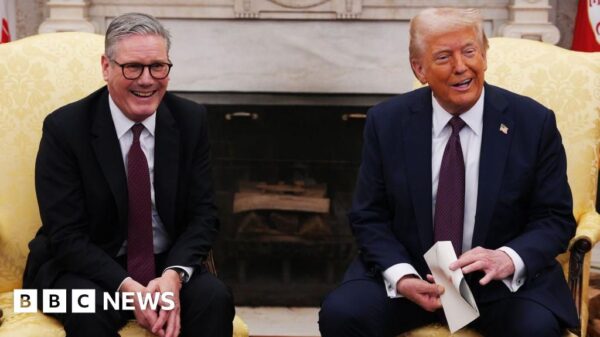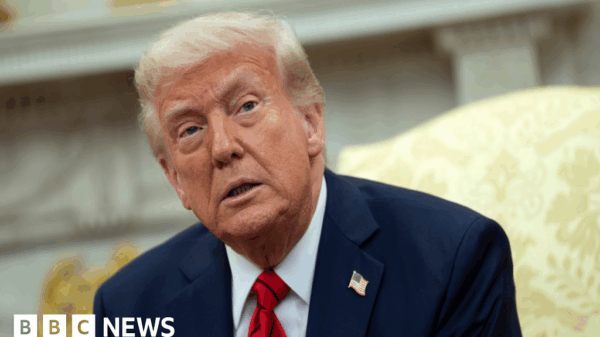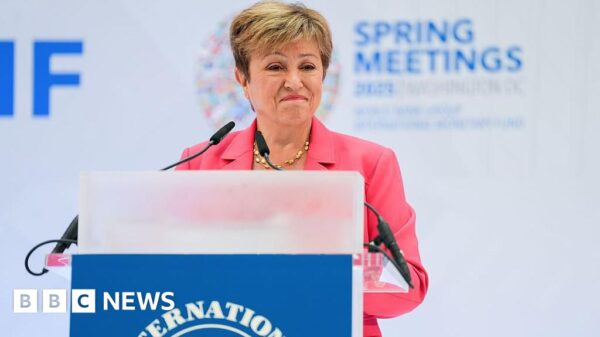The World Health Organization (WHO) will allocate $1.8 million for Kazakhstan’s healthcare development, as per a two-year cooperation agreement signed between the Kazakh Health Ministry and the WHO European Office at the 73rd session of the WHO Regional Committee for Europe on 25 October in Astana. According to Kazakh Health Minister Azhar Giniyat, the funds will be directed to provide expert, methodological and technical support to enhance the capacity of medical professionals, protect the health of mothers, newborns, children, and adolescents, combat cancer and non-communicable diseases, HIV, AIDS, and tuberculosis.
The funding will also be used to train medical personnel and conduct public information campaigns, among other healthcare areas. Giniyat noted the importance of the recent Global Conference on Primary Health Care, which raised the need for increased investments in expanding essential primary healthcare services to ensure equitable access to medical care for citizens. WHO Regional Director for Europe Hans Kluge praised President Kassym-Jomart Tokayev’s proposal to establish a Coalition of friendly countries on primary healthcare, as many countries do not possess the proper management skills of this issue.
“The countries with a high level of primary healthcare have shown the best results in protecting the population since the COVID-19 pandemic,” he said, noting the President’s initiative will be discussed at a meeting of the United Nations General Assembly next year. Kluge highly appreciated Kazakhstan’s level of healthcare digitization, which helps address staff shortages in the industry. He also stressed the significance of including psychologists in primary healthcare teams, recognizing mental health as a “new global pandemic”.
Kluge reiterated the importance of vaccination in case of a possible recurrence of the coronavirus pandemic, encouraging countries to share and exchange vaccines. He echoed Tokayev’s words that the WHO is the only agency to coordinate global public health issues, expressing confidence in better preparedness for any global epidemics in the future.

































